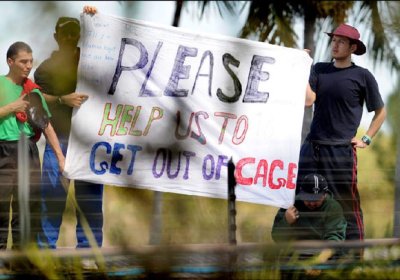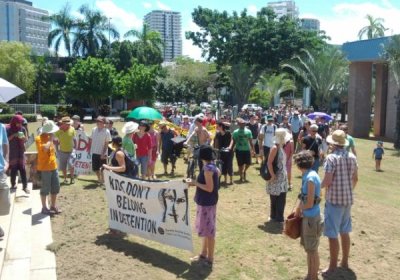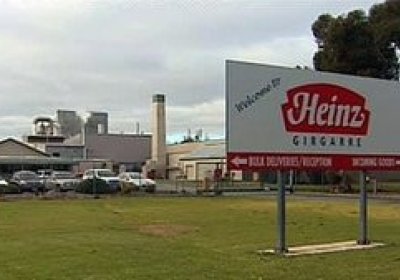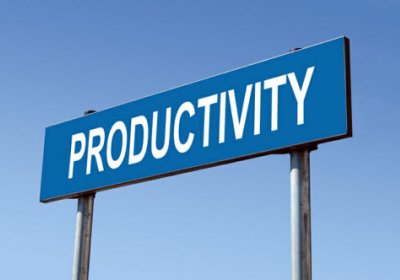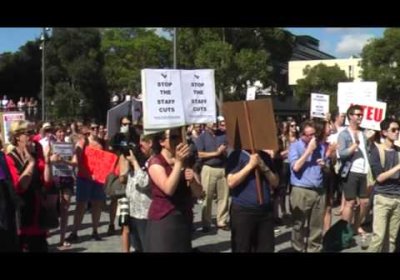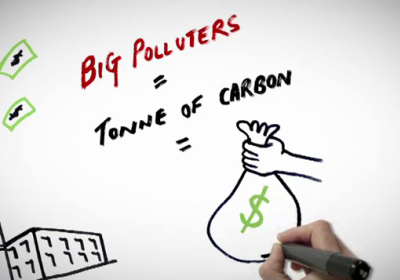Australia
Far from taking the closure of the Heinz tomato factory sitting down, workers and community members from the 150-strong rural Victorian town of Girgarre are getting organised.
Behind the hype of Australia’s mining boom and “economic stability” lies the very real crisis affecting rural Australia.
1500 Sydney University students and staff rallied on April 4 to protest against management's move to sack 360 staff. Protesters marched through the university, culminating in 100 students occupying the Arts administration building in opposition to the attacks.
Street theatre from the "Adelaide March 4 Survival" on March 31. The protest was organised by CLEAN (the Climate Emergency Action Network). The action connected the dots between extreme weather and climate change, and demanding solar thermal for Port Augusta.
- Previous page
- Page 752
- Next page
